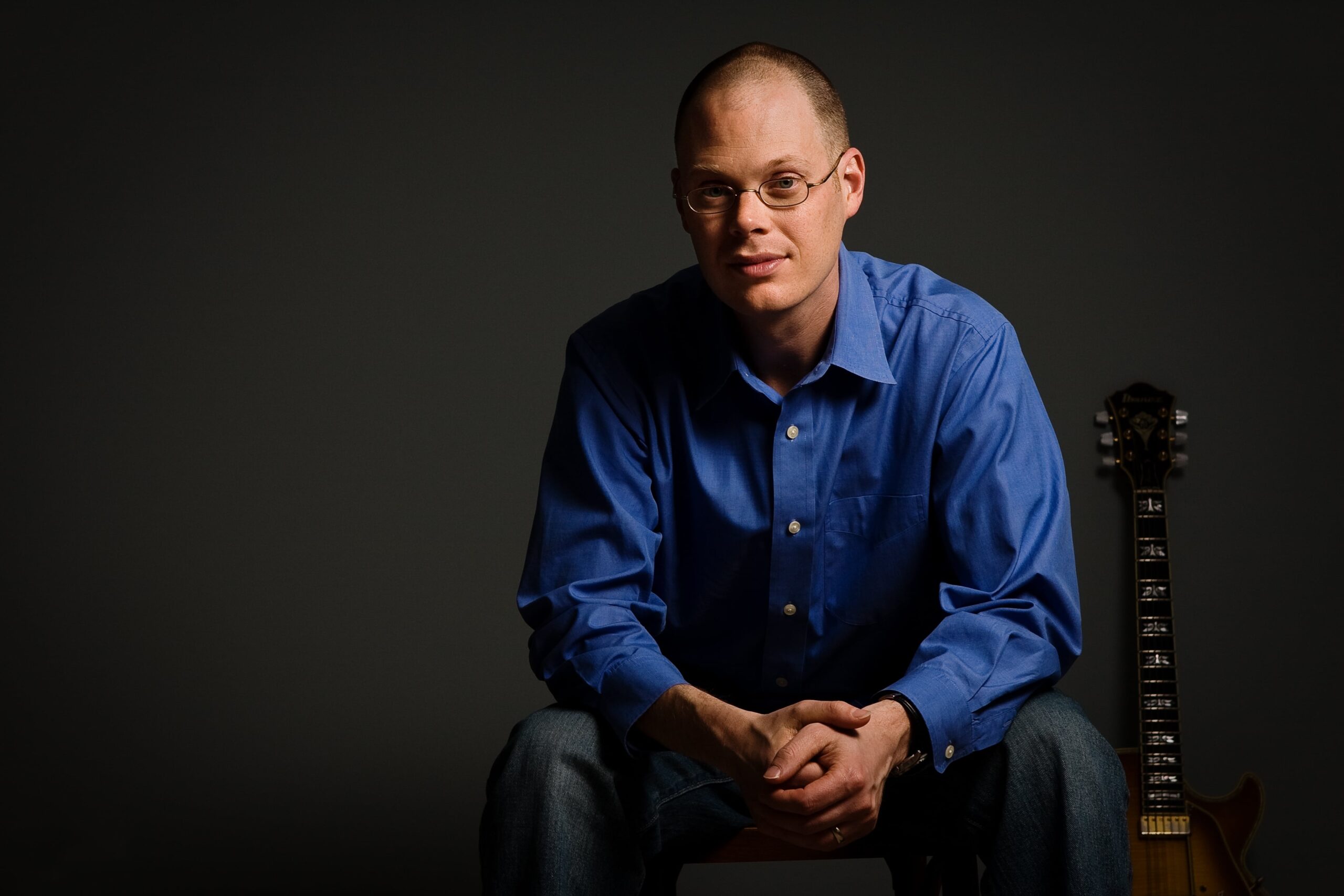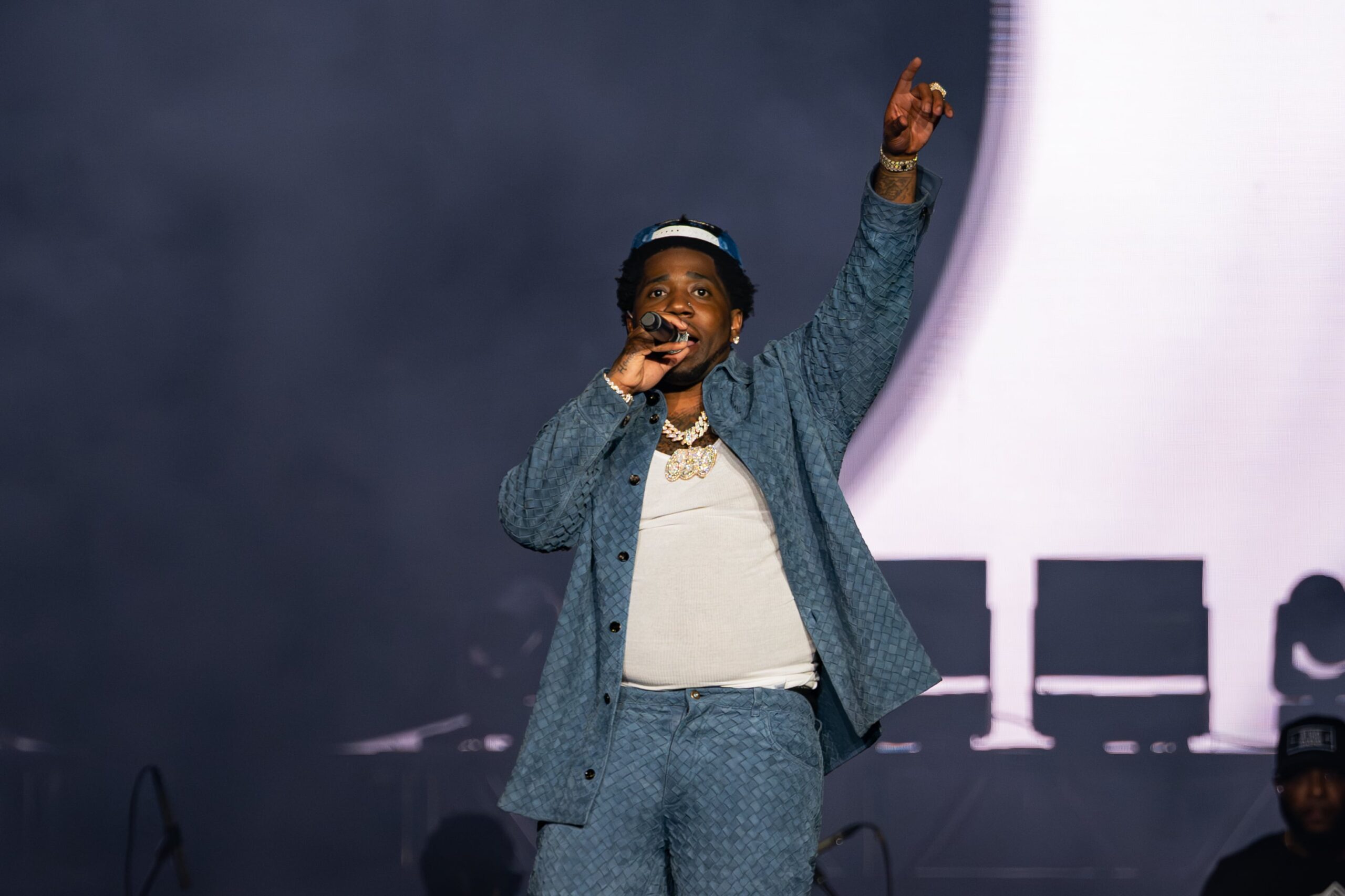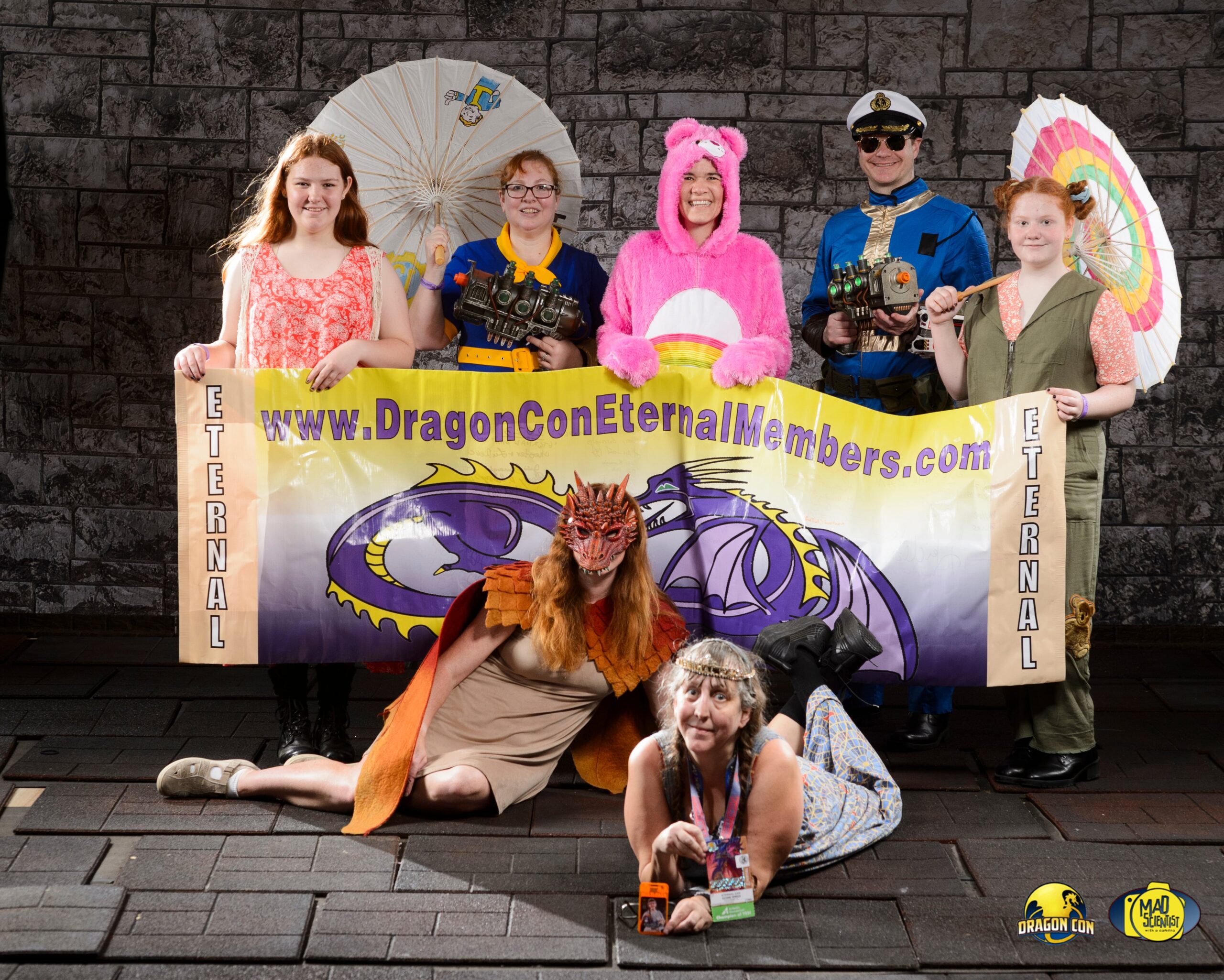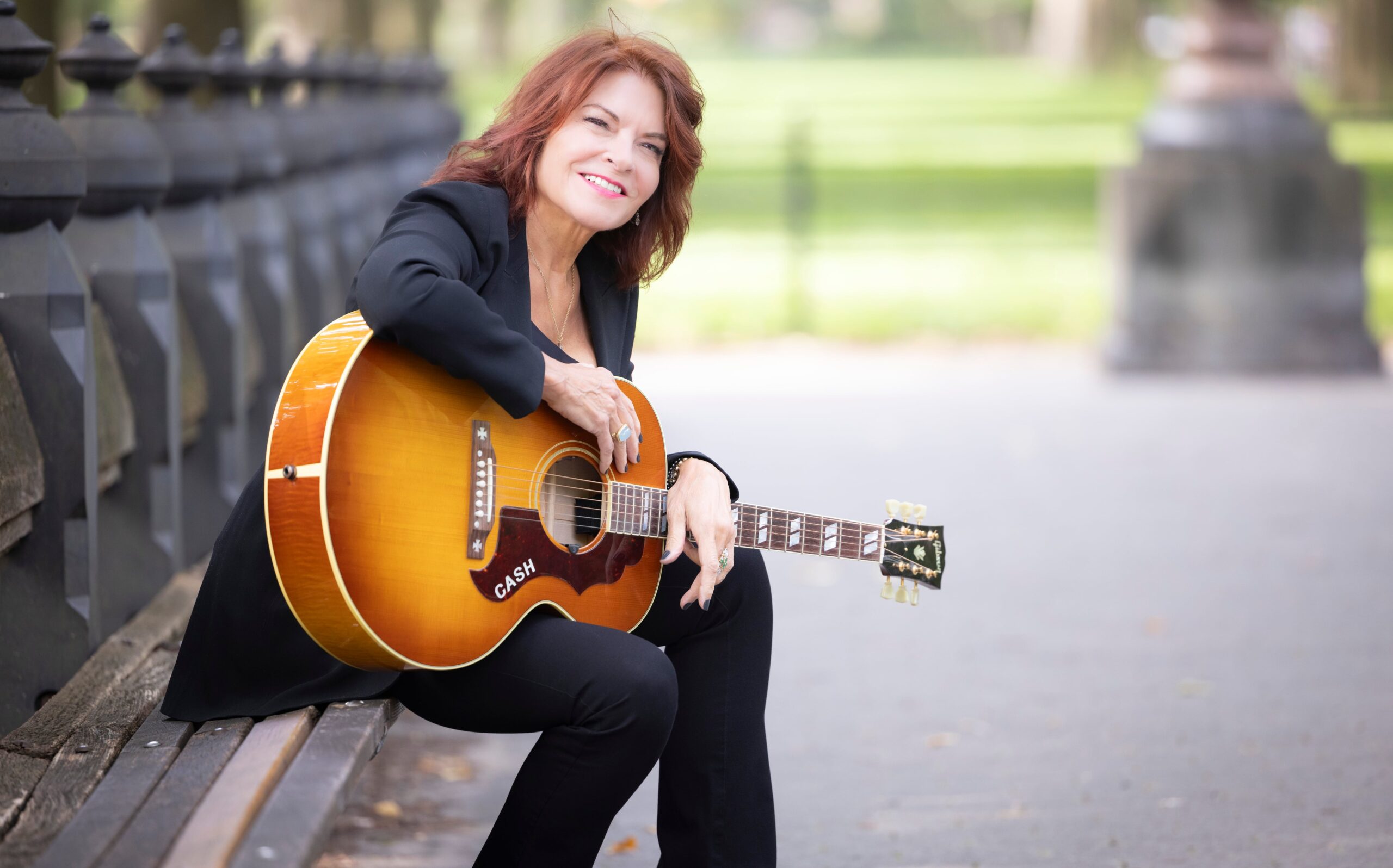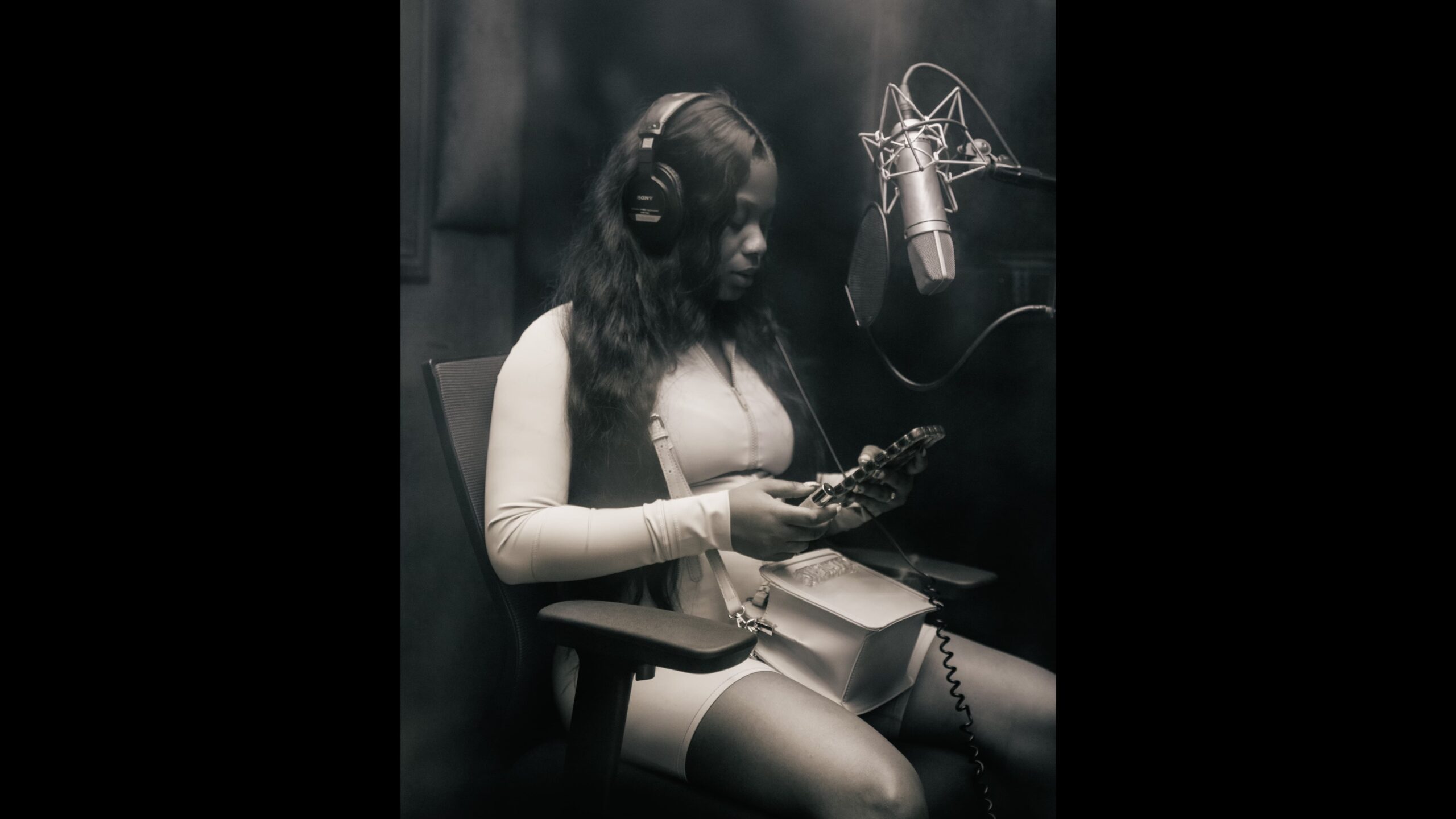Wright never thought he would pursue a career in jazz music until he was introduced to a few exceptional teachers. He was introduced to jazz guitar by a high school teacher, but at the time, he didn’t consider it anything more than a pleasant hobby. He chose to major in sociology when it came time for college.
But after arriving at the University of Georgia, he felt depressed and hopeless until a buddy urged him to try out for the school’s jazz ensemble. He met Steve Dancz there, who was the jazz studies program’s director at the time.
Wright claims that he is the one who gave me the bug and has remained a significant mentor in his life. It made a big difference for me to experience this music through his eyes while he was teaching it to us and to witness the impact and love he had for it.
Photo courtesy of Taylor Rambo
Photo courtesy of Taylor Rambo
Wright claims that Dancz helped him discover his passion for jazz music, but he didn’t know it was his calling until he nearly died from carbon monoxide poisoning. He left his studies in sociology to tour with his band. It felt like a force sort of tugging me along, so I call myself the accidental musician in jest, he says.
It is difficult to believe that Wright ever experienced such severe shyness that it was agonizing to talk into a microphone given his gregarious demeanor and high level of energy. Despite his need to speak openly and impulsively, he discovered that his music allowed him to do so nonverbally.
He claims that the improvisational and exploratory aspects of jazz music became his means of self-expression.
Wright kept learning, this time via other jazz artists’ records. For instance, he discovered that covering a song involved more than merely reproducing it after listening to Brad Mehldau’s rendition of Nick Drake’s River Man. He also learnt to intentionally use the spaces between notes.
Whatever the song is, you want to somehow connect with its core truth, express what it means to you, and use your musical voice to convey it. He claims that’s what makes all music so fascinating to him.
According to Wright, there is no substitute for the dynamic between the audience and the band during a live jazz concert, and the crowd plays a significant role in the communication experience. He argues that the band members can respond to the interaction between the two, giving listeners the same freedom of self-expression as the band members.
Being around other people engaging and being genuine and impulsive has a certain effect. He says it’s a truly lovely thing.
Credit: Brian Weaver’s photo
Credit: Brian Weaver’s photo
Wright wants to contribute to the accessibility, relevance, and emotional resonance of jazz music for all people. He points out that knowing even a little bit about jazz history and how the music functions improves the listening experience by opening a portal that enables a deeper appreciation of the music.
Wright saw that he needed to adopt a different teaching strategy than what he employs with his college students in order to instruct the jazz-curious public at the Strand.
Regarding his Journey Through Jazz series, he says, “I really try to bring it to life versus making it more academic.” I hope it’s enjoyable. And I hoped that attendees would come away from it with a fresh understanding of this wonderful art form.
In order to achieve this, he lectures while narrating tales about the songs and performers and playing the guitar and piano to illustrate ideas. Questions from the audience are welcome at the conclusion.
The popularity of the spring lectures suggests that the strategy is succeeding, as the Strand is now providing two shows per topic in its second series.
According to Wright, there is a current need for something genuine, and jazz provides it. He thinks that’s a contributing factor to the popularity of the Jazz at the Strand series.
This fall’s topics include Hard Bop and Art Blakey’s Jazz Messengers (Nov. 6), Django Reinhardt and the Hot Club de France (Oct. 16), and Got My Mojo Workin: An Introduction to Blues Styles and Techniques (Sept. 18).
Wright aspires to imitate the traits of the outstanding instructors who taught him not just his skill but also who he was in his lectures. He explains that learning about jazz is about internalizing the freedom of self-expression rather than only developing an interest for it. He wants both to be taken away by his audiences.
Jazz is a high-wire act that allows you to express your life’s journey, route, or story. You know, that can really speak to people.
If you go
Trey Wright, a lecturer at KSU, talks about jazz
September 18, October 16, and November 6 at 7:30 p.m. $35.60 apiece (one drink ticket included). The Strand Theatre, located at 117 N. Park Square, Marietta, is owned by Earl and Rachel Smith.
::
Rock, jazz, and blues are all covered by freelance music journalist and educator Shannon Marie Tovey.
Thanks to ArtsATL
Thanks to ArtsATL
GET TO KNOW OUR PARTNER
A nonprofit organization called ArtsATL (artsatl.org) is essential to teaching and enlightening people about the arts and culture of metro Atlanta. Established in 2009, ArtsATL works to create a thriving arts community that supports the city’s cultural and economic well-being.
